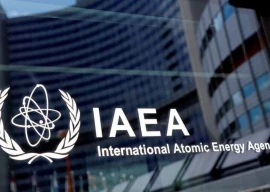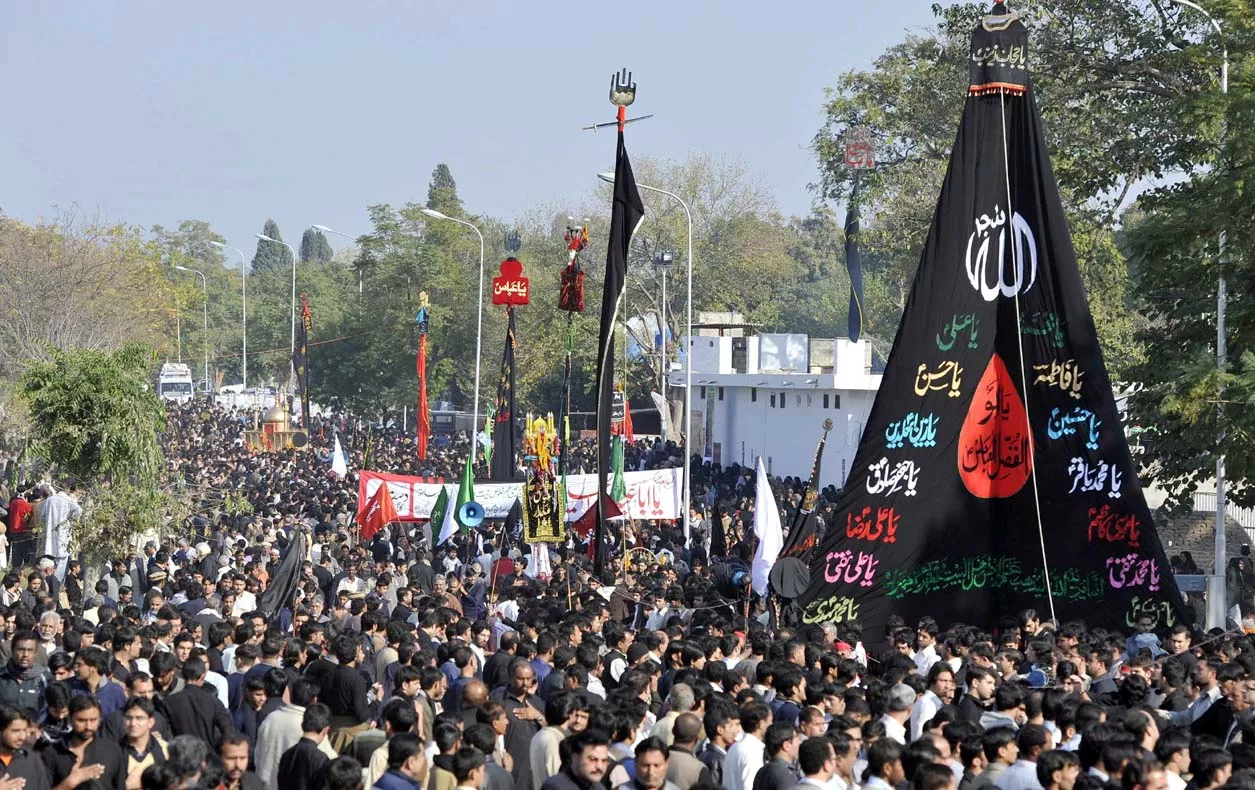
Citing the example of Syria, which has continued to receive arms shipments even as it is accused of killing more than 9,000 civilians in a crackdown on an uprising, Oxfam said it is vital that regulations on weapons sales are strengthened.
There are no internationally agreed rules governing global conventional weapons sales, the United Nations says. Oxfam, on the other hand believes there are more regulations applicable to bananas than to weapons.
The aid agency also said the estimated $4.3 billion annual global trade in ammunition is growing at a faster rate than the trade in guns and must be covered in any arms treaty.
"The situation in Syria is exactly the sort of situation we hope a robust arms treaty will avoid in future. It's perhaps not surprising that Syria is among the small group of governments opposing the treaty," Oxfam head of arms control Anna Macdonald said.
Rights groups have ramped up their calls for stronger arms transfer rules ahead of the UN summit in July. Oxfam says 153 countries have voted in support of draft forms of the treaty, but exceptions include Syria and its main arms supplier Russia.
Other objectors include Egypt, Algeria, Iran, Cuba, Venezuela, Pakistan and China.
Russia sold Syria nearly $1 billion worth of arms including missile systems last year, while shipments of Russian small arms have risen since an uprising against Syrian President Bashar al-Assad started in March 2011, government defectors say. The Free Syria Army group of rebels also include defectors from the Syrian national army.
Syria is subject to Western sanctions including an European Union arms embargo, but Oxfam said at least $2.2 billion worth of arms and ammunition have been imported by states under arms embargoes between 2000 and 2010.
An agreement, as proposed by Oxfam and other groups, to stop arms sales to rights violators will have implications for several Western nations. Britain and the United States, for example, have been criticised for arms sales to Saudi Arabia and Bahrain, Gulf states with poor human rights records.
Ammunition is key
Speaking at an Oxfam event, photographer Paul Conroy, whose colleague Marie Colvin was killed when they were trapped by Syrian army shelling in the Baba Amr district of the Syrian city of Homs in February, said rules governing ammunition were key.
The United States, Syria and Egypt are among countries that have objected to the inclusion of ammunition controls in any global arms treaty, according to Oxfam.
"In (Baba Amr) I heard almost every type of heavy weapon .... The thing that struck me was the supply and rate of fire of the weapons. We are talking continuing fire of heavy weapons and a continual supply chain," Conroy said.
Oxfam concedes there is a risk a strong arms treaty would alienate some countries, but said it would be difficult to later beef up a weak treaty and that a stronger pact from the outset would give rights groups "more backing" when protesting at some arms sales.
The UN Security Council's five permanent members - Britain, France, Russia, China and the United States, as well as Germany - are among the world's biggest weapons exporters.
Some argue that the weapons black market is a bigger problem than state-to-state sales. But Oxfam, part of a global Control Arms campaign for a "bullet-proof" treaty, said controls on state sales would stem the flow of arms to illicit vendors.


















COMMENTS
Comments are moderated and generally will be posted if they are on-topic and not abusive.
For more information, please see our Comments FAQ